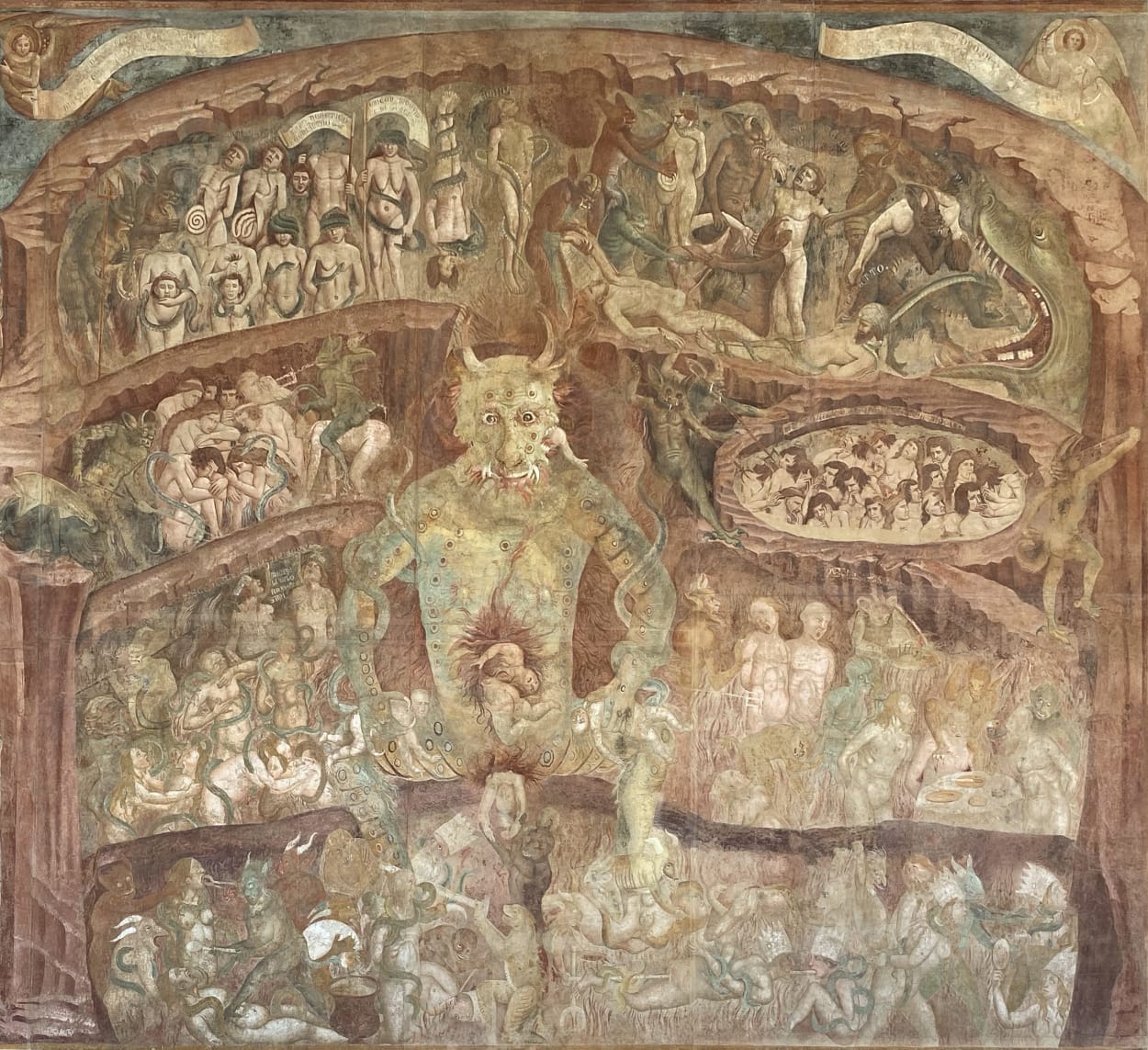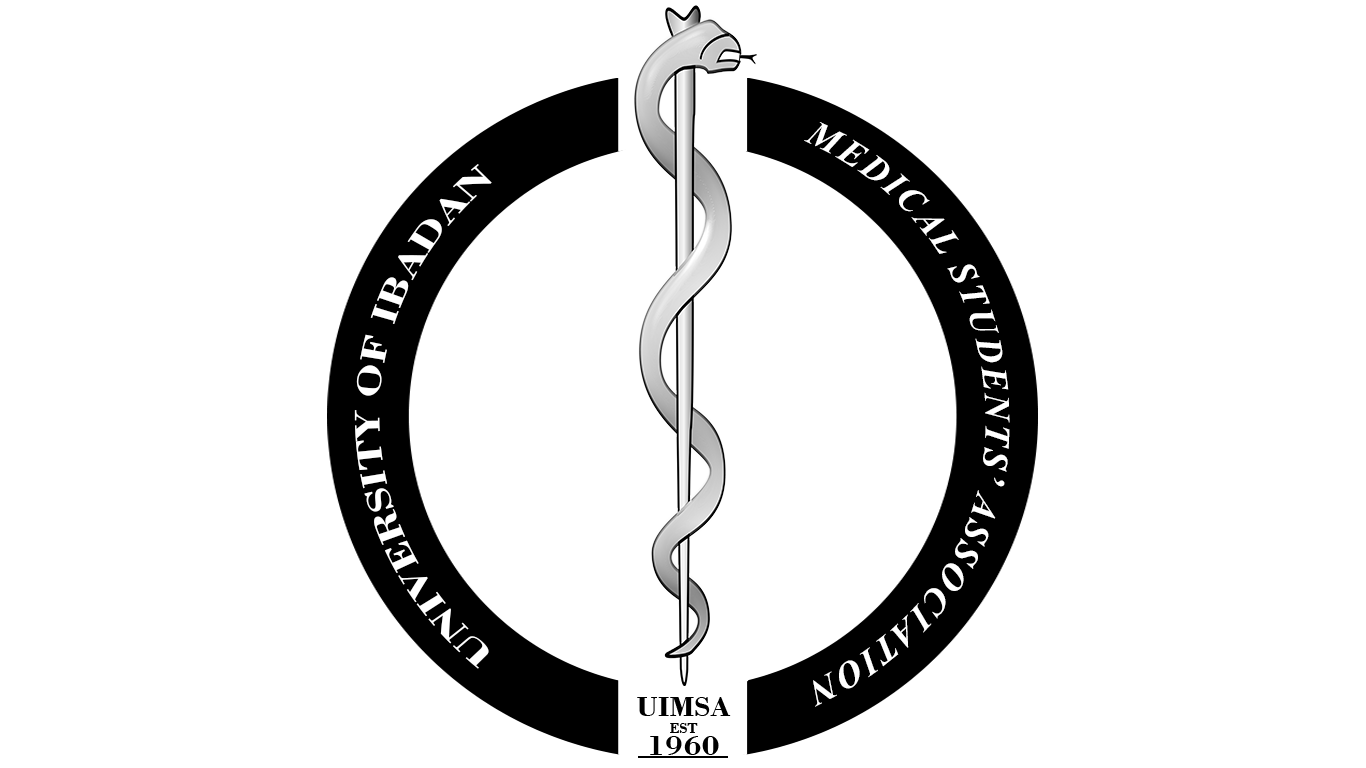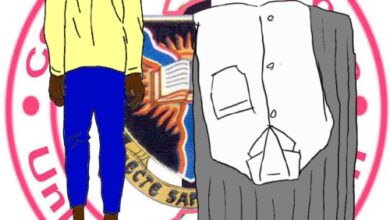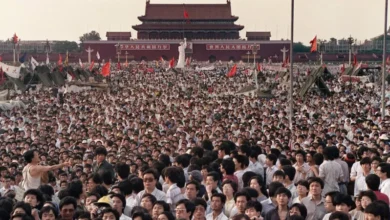Does UI Have a Bullying Problem?

‘Lasciate ogni speranza, voi ch’entrate.’ — Dante Alighieri, Divina Commedia.
Secondary school was inhibiting in many ways, none more disheartening than the systemic bullying that came to characterise our teenage years. The hormones and confusion of adolescence, feudal stratification even within friend groups, archaic boarding school systems, and the cloud of domestic violence during those fleeting holidays; there were more than a few factors. For many, graduation presented a chance for a fresh start and an escape from demons-past. Surely, the university presents opportunities — college parties, a window into academia, professional advancement, competitive sports; even, love. Our dear freshmen would be excited at the prospect of this, buoyed by hope. And while all these are very achievable within the University of Ibadan, it’s very easy to get a little bit more than you bargained for.
The University of Ibadan is no doubt among the safest campuses in Nigeria. Notably, one can enjoy the lush greenery, venturing as far as the sparkling Awba Dam on those head-clearing walks in the dead of the night, a privilege not afforded by many other public universities. This is thanks in part to a strict anti-cultism policy, stringent regulations and a dedicated security team. Yet, something as insidious as bullying is difficult to quell.
It may come as a surprise to some, after all, this isn’t secondary school. Surely no Head Boy is here to order you to your knees in the centre of the Dining Hall. Surely, no SS3 student can knock your head for failing to respond to them. Surely, your seniors won’t command you to the back of the common room so they have the best seats for that Arsenal game. We’re all adults now, we’re past that. But are things really so different?
Bullying persists. In informalities and subtleties: at the TV room of Alexander Brown Hall, home to medical students, the first row is reserved for our beloved graduating class, and the same applies to the Great Independence Hall, finalists only. At Baluba Kingdom, elders rule the black sofa at the front of the JCR. Perhaps this is inconsequential, and just a little accord for our ẹ̀gbọ́ns won’t go amiss. However, these customs, harmless as they seem, can – and often are – gateways to bullying.
In a now-deleted May 2023 opinion piece, Zik Press lasered in on bullying by Zik Hall elders, and their refusal to share the D Block water tank with other members of the hall in the midst of a water scarcity. This was quickly nipped in the bud however by Dr Olufemi Adebiyi, the then Nnamdi Azikiwe Hall Warden. Also, during the 2023 Seals Cup fixture between MBBS and IPE, a pitch invasion concluded with one of the referees being slapped; an outcome that would have been impossible had the referee in question not been a student. Even worse, some students were observed to have supported this action, blaming it on the referee’s poor officiating. Until much recently, even within UIMSA, there were complaints of bullying by Preclinical classes during sporting events.
But sometimes, it gets more sinister. Owoh Matthew, bearing the maverick nickname, ‘Hall Warden’ is currently in the middle of a four semester suspension. A year ago, he was a finalist with about two weeks of exams left before graduating from a five-year Aquaculture and Fisheries Management program. In the years preceding the unfortunate events of last June, the former Nnamdi Azikiwe Hall Defence Minister had led a reign of terror. According to an Indy Press report, on the 31st of October, 2022, a notable incursion into Independence Hall saw him slap one Orekeyi Justice in his capacity as CSO of the UI Student Union, or perhaps more succinctly, as bodyguard of the then Student Union President, Adewole Adeyinka, popularly known as Mascot. Fireworks went off at the time but ultimately, his most notable punishment was suspension as the UISU CSO. He did lay low for a while after but perhaps emboldened by previous amnesties, he was soon back in the spotlight.
On the 2nd of June, 2023, Owoh Matthew slapped then 200-level medical student, Okojie Simeon. Invading a room in C Block while seeking a different student doctor at the behest of the Zik Hall elders, he’d slapped another. And perhaps, it’s not so much that a thing like this could happen, it was that oftentimes, offenders escaped unpunished. Indeed it wasn’t Owoh’s first or even second rodeo, not close. In truth, that wasn’t even the first slap that resounded across Zik Hall that night, as there was a brawl between two men in the aftermath of the manifesto night in the hours before, that in a funny twist of events, led a rampaging Owoh Matthew to C12. And that brawl in the wake of hotly contested debates between Hall Chairman candidates, Adeniji Uthman and Akinwusi Ifeoluwa, was indeed borne out of a seemingly popular motif: another slap, Akinwusi when defending himself against allegations of previously slapping a fresher, had said, ‘There is a fine line between bullying and discipline.’
And thus presents the conundrum, that Owoh Matthew was punished wasn’t entirely his fault, perhaps if the victim was anyone else, nothing might have come out. And then the assaulter could have been anyone, many UI students have raised hands against companions in anger. In the time since, Zik Press has published two news reports centred on assault: here and here. Settled by the usual apologies and placatory gestures, promises of goodwill, these matters fizzle out, maybe too often. And that this has happened on multiple occasions blinds offenders to their faults, portending a systemic rot. After all, while the Student Disciplinary Council works, it only does so when we speak up, as urged by UIMSA Press in her third Editorial. To repeatedly ignore bullying perpetuated by a minority as others have done in the past would be to empower them to continue assaulting others. In a recording obtained by the press at the time, Owoh claimed on that fateful night, ‘For this Zik hall, person wey slap person pass me, e no dey. If I dey duty, if I dey perform my duty, if you fuck up, I go slap you.’ Therein lies the problem, he had assaulted many during his time at UI but at every turn, he was protected by we, the students. The Press would like to expand her maxim from the third Editorial to: ‘Freedom of UItes, by UItes, for UItes.’
But can UItes really be free when Nigeria isn’t? One can argue we merely reflect the chaos around us. Nigeria where fathers and mothers grovel for their salaries, where Youth Corpers are humiliated and forced to kneel in the khakis that ought to bolster whatever little national pride we have left, where sitting senators assault women at sex toy shops then arrest the victims. At every rung of the ladder, it becomes evident that our system only serves to protect bullies. We urge children to forgo justice after they’re hit by peers, to forgive and forget. We promise rape victims divine punishment for their oppressors but nothing here on Earth. A man robs a student hostel blind for weeks but is let off the hook after his father brings an Imam to beg on his behalf. ‘Ejor, please, he will soon graduate. He’d never repeat this, wallahi.’ Women are pressured by their families to remain with abusive husbands after repeated hospital visits. ‘Ahamefuna will change, my dear, let’s just keep praying. Think of the kids, who will take care of them… You will not disgrace our name with a divorce, tufiakwa!’ Students speak peacefully against an increment that would affect their education, and are miscontrued as being rabble rousers. As a country, we enable our own oppression, even through our encounters with our leaders. Yet, the youth drive change. Revolutions are born in universities, the world is for the young. If we cannot stand against oppression at this juncture, we condemn our future, and the futures of our children.
‘Abandon all hope, ye who enter here.’— Dante Alighieri, The Divine Comedy.





Amazing stuff. This article was very informative and inspiring